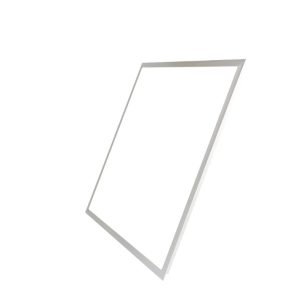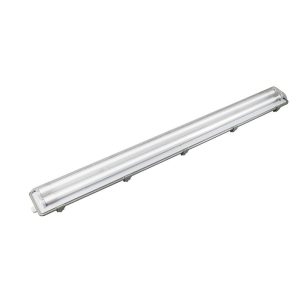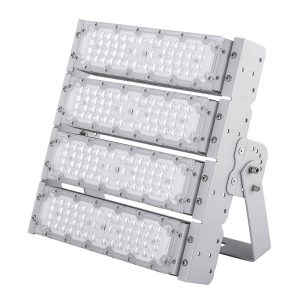3mm yellow LED, or Light Emitting Diode, is a compact and highly efficient lighting solution that has gained significant popularity in various industries due to its bright yellow output and low profile design. This article delves into the world of 3mm yellow LEDs, exploring their applications, manufacturing process, technological advancements, and the impact they have on the lighting industry.
Introduction to 3mm Yellow LEDs
3mm yellow LEDs are a type of surface-mount device (SMD) that emit bright yellow light when an electric current passes through them. They are known for their small size, typically measuring only 3mm in diameter, making them ideal for use in tight spaces and as indicators in electronic devices. The yellow color is achieved by the semiconductor material used in the LED, which emits light at a specific wavelength corresponding to the yellow color spectrum.
Applications of 3mm Yellow LEDs
3mm yellow LEDs find applications in a wide range of industries, including consumer electronics, automotive, industrial, and medical sectors. Some of the common uses include:
-
Indicators in electronic devices: 3mm yellow LEDs are commonly used as indicators in various electronic devices such as computers, smartphones, and cameras to signal power status, data transfer, or error conditions.
-
Automotive lighting: These LEDs are used in automotive applications for turn signals, brake lights, and indicator lights due to their bright yellow color and energy efficiency.
-
Industrial and manufacturing: 3mm yellow LEDs are used in industrial settings for machine indicators, status displays, and as part of control panels.
-
Medical devices: These LEDs are used in medical devices for indicating various states, such as power on, alarm conditions, or diagnostic results.
Manufacturing Process of 3mm Yellow LEDs
The manufacturing process of 3mm yellow LEDs involves several steps, starting from the creation of the semiconductor material to the final packaging. Here is an overview of the process:
-
Material growth: The first step is the growth of the semiconductor material, which is typically gallium nitride (GaN) or gallium arsenide (GaAs) for yellow LEDs. This is done through a process called epitaxy, where layers of the semiconductor material are deposited on a substrate.
-
Device fabrication: Once the semiconductor material is grown, it is patterned and etched to create the necessary structures for the LED. This includes the formation of the p-n junction and the placement of contact pads.
-
Die bonding: The finished LED is then bonded to a lead frame, which serves as the electrical connection and packaging for the LED.
-
Encapsulation: The LED die is encapsulated in a package that protects it from environmental factors and provides a light guide to enhance the output.
-
Testing and quality control: Finally, the LED is tested for electrical and optical performance, and any defective units are discarded.
Technological Advancements in 3mm Yellow LEDs
Over the years, significant technological advancements have been made in the production of 3mm yellow LEDs, leading to improved performance and efficiency. Some of these advancements include:
-
Higher brightness: Newer generations of 3mm yellow LEDs offer higher brightness levels, allowing for more visible indicators and better visibility in low-light conditions.
-
Increased efficiency: Advances in semiconductor materials and design have led to higher efficiency levels, reducing power consumption and heat generation.
-
Color consistency: Improved manufacturing processes have resulted in better color consistency, ensuring that the yellow output is consistent across different LEDs.
-
Longer lifespan: Enhanced materials and design have also led to longer lifespans for 3mm yellow LEDs, reducing the need for frequent replacements.
Impact on the Lighting Industry
The introduction of 3mm yellow LEDs has had a significant impact on the lighting industry, particularly in the areas of energy efficiency and design flexibility. Some of the key impacts include:
-
Energy savings: 3mm yellow LEDs consume significantly less power compared to traditional incandescent bulbs, leading to substantial energy savings and reduced environmental impact.
-
Design versatility: The compact size of 3mm yellow LEDs allows for innovative lighting designs that were not possible with larger, bulkier lighting solutions.
-
Cost-effectiveness: As the manufacturing process has improved, the cost of producing 3mm yellow LEDs has decreased, making them more accessible to a wider range of applications.
Conclusion
3mm yellow LEDs have become an integral part of the lighting industry, offering a bright, efficient, and versatile lighting solution. With ongoing technological advancements and expanding applications, these compact LEDs are poised to continue shaping the future of lighting in various industries.













Explore More from Queendom Lamp
Stay updated with the latest LED technology, lighting solutions, and industry insights.
Request a Quote About Queendom